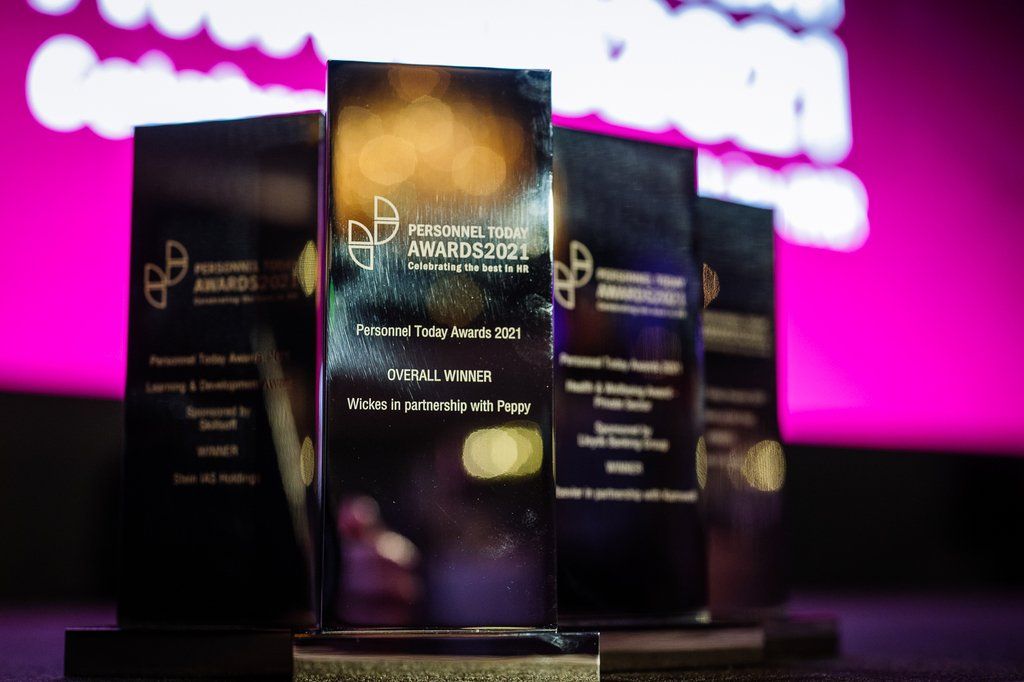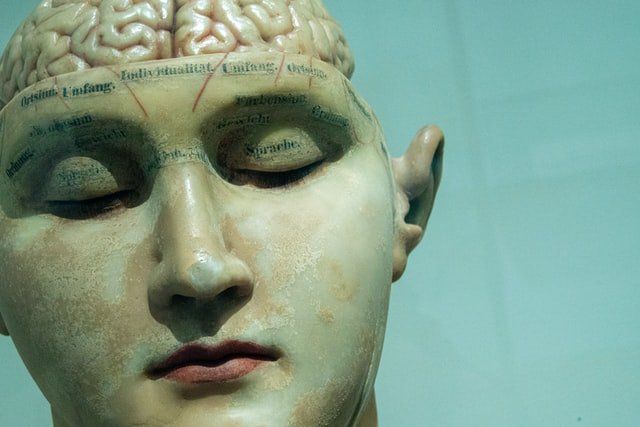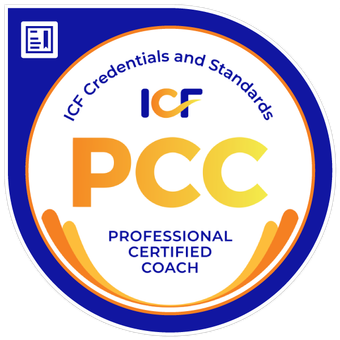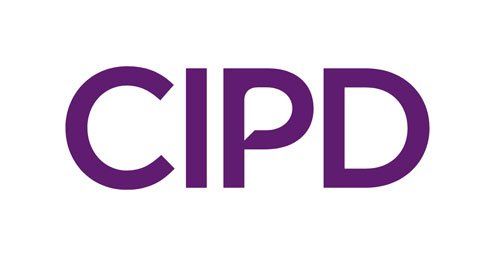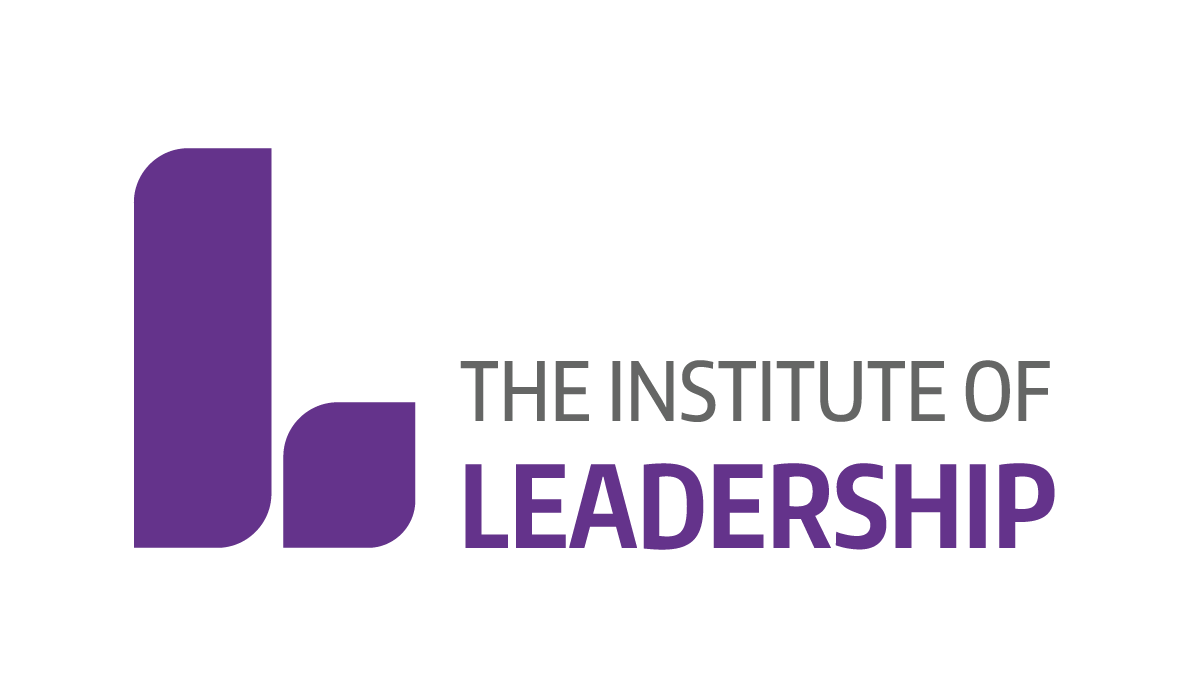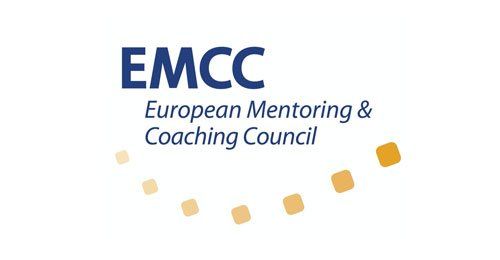Becoming a Mindful Leader - How Can Meta Cognition Help Me as a Leader?
If you are a driver, you’ve probably had that experience of driving a familiar route – perhaps to your local supermarket or petrol station – and realising once you’ve got there and parked, that you have absolutely no recollection of the journey itself and your role in it. Often we refer to this as being on auto-pilot. And for good reason. After years of practice, the skills needed to operate the vehicle and to take us from A to B are deeply embedded within our subconscious – so much so that we are able to do this automatically and without a significant amount of conscious attention.
Leadership can be a bit like that too. Sometimes we find ourselves managing our people and leading on auto-pilot. Chances are that we have been in managerial roles for some time and have a degree of comfort in our current role and context. As the role gets bigger and our career progresses, the levels of attention we pay to how we are managing and leading become less.
Meta-cognition in a leadership context is about moving our attention from the subconscious to the conscious and to focussing on how we are doing things, rather than what we are doing. In the example of the car journey, it is about intentionally bringing our awareness to all the micro-choices that we make and our subsequent actions.
In any given car journey, the actual process we go through to control and drive the vehicle to a particular destination is complex and intricate. In many police and military advance driving courses, students are required to narrate their journeys as they take them, calling out blow by blow every decision point, every action they are taking and every observation they are making.
Not as easy as it sounds. A large body of scientific research has shown that the human brain is phenomenally powerful computer and that whilst our subconscious brain is capable of processing 11 millions pieces of information per second, consciously, the average person is only able to process a fraction of that.
The art of meta-cognition in a leadership setting is about intentionally, strategically aiming to pull intelligence from our subconscious into our conscious, in order to help us do things even better.
If you have ever had an argument with a close friend, family member or partner, you might have found that in the aftermath you reflect on and unpick who said what and at what points, in order to try and make sense of the conflict and disconnect you experienced. This reflective period is hugely helpful in terms of raising our awareness of our own part to play in inter-relational dynamics but can be hard to do accurately – our memories are fallible (some studies indicate that we only get about 50% of recall right).
So, instead, imagine being able to harness the super-power of observing yourself and your behavioural processes and choices in the moment. It would be like seeing the Matrix! If we could tap into the subconscious bits of choice making and action taking as they were happening we would be more likely to be able to reflect on them accurately afterwards, and, given enough practice, we would also be able to recognise alternative options and make different choices in that moment. And that is an incredibly powerful skill for leaders to harness.
It probably sounds quite onerous, heavy and energy intensive. Meta-cognition is actually doing the thinking about the thinking, and a bit like meditation and mindfulness, it takes some practise. However, leaders who have high levels of meta-awareness and who have cultivated the ability to be mindful in their interaction, demonstrate greater Emotional Intelligence higher levels of the ability to ‘self-manage’ and therefore make better behavioural choices.
Given that the link between leadership behaviour and overall organisational results is so significant, it goes without saying surely that this is a skill we should put our attention on.
So, here are five questions to ask yourself in order to raise your cognitive awareness as a leader, support your mindfulness and help you be more ‘meta’:
- What are the assumptions I am making about this situation/ this person/ this dynamic?
- What would an external observer notice about the choices I am making, the words I am using and the way in which I am communicating?
- What one thing might I change to help me achieve the impact I want in this situation?
- How is my previous experience colouring or influencing the choices I am making as a leader right now?
- What do I know about myself that can help me in this situation?
- How else might what I am hearing, seeing or experiencing be interpreted?
Get meta to get better – good luck!







